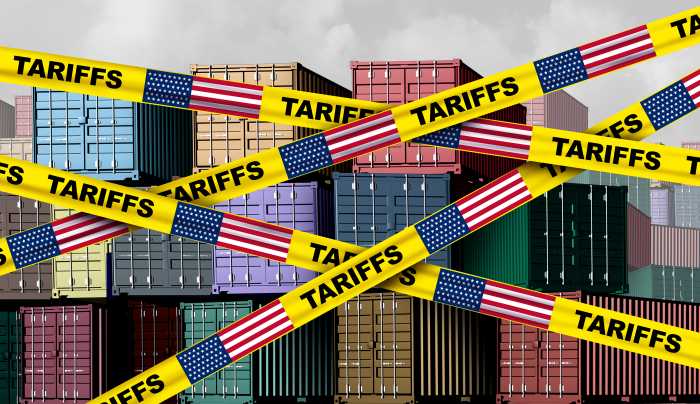Several major strikes in the past year, including one that crippled the entire agricultural sector this month will force Guyana to buy harvesting machines from the U.S. to replace rebellious workers unwilling to cut sugar cane plants and on the ready to strike for a plethora of reasons, authorities have said.
Sugar Minister Robert Persaud says the sector, the former British colony’s No.2 foreign currency exporter after gold, can’t continue being plagued by wildcat strikes or absentee workers for the foreseeable future; so cabinet is speeding up plans to buy machines to cut canes at the South American nation’s eight sprawling estates.
Proof of this was evident last week as only eight percent of the field workforce of more than 10,000 showed up for work during the holiday season. The average worker turnout for most of this year has been about 48 percent.
But what Persaud did not say is that the Guyana Agricultural Workers Union (GAWU), is led by a government legislator and a powerful central executive member of the governing PPP administration and that years of encouraging strikes when the PPP was in opposition have now become habit, much to the detriment of the lifeline sector.
President Bharrat Jagdeo has also hinted that a rebellious party faction is stirring up trouble to sabotage him.
“Mechanization and semi-mechanization will be required,” Persaud said, of the state-owned Guyana Sugar Corporation as he announced plans to gradually replace humans with machines to harvest cane and keep annual export commitments of nearly 200,000 tonnes of sugar to the European Union, the U.S. and the Caribbean.
American heavy-duty machine manufacturer John Deer is favored to supply some of the machines as well as an undisclosed manufacturer in neighboring Brazil.
The strikes have been so bad, authorities say, that the dwindling worker turnout has ensured that production for this year will barely reach 220,000 tonnes, down from the 280,000 target set last January and the figure needed to ensure a break even position.
Additionally, 500,000 tonnes of raw cane have been left uncut at estates, robbing the state-owned of 54,000 tonnes in production. For this, Persaud squarely blames the GAWU, but the union counters by saying that in years of fewer strikes and better weather, production was still way below set targets.
“What has happened this year and prior certainly will shape the outlook of the industry. In fact 2011 and beyond certainly would see a Guysuco of a different type. These developments have certainly forced changes and have advanced the creation and the establishment of a sort of a new sugar industry,” he said.

























